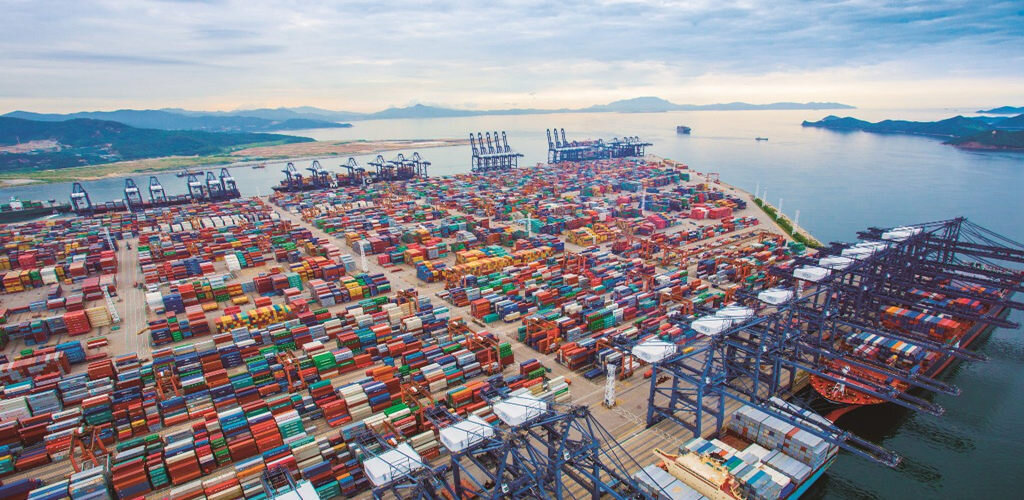The Third Plenum: Charting China's Economic Roadmap and Its Global Implications

To the untrained eye, China’s policy lexicon and political session read-outs often seem vague. However, the Third Plenum of the 20th Central Committee of the Communist Party of China is anything but. The four-day meetings in Beijing revealed a wide range of policies with implications far beyond China’s borders.
China is firmly on the path of reform - not to be viewed narrowly as market liberalization. It’s a long-term strategy to build a resilient, knowledge-based economy that raises productivity, spurs innovation, and improves living standards both at home and abroad.
This is especially important in an era of heightened geopolitical tensions. Keeping with tradition, China’s ruling Communist Party typically holds seven plenums over a five-year cycle. The third plenum has historically launched major policy shifts: the landmark decision in 1978 propelled China into globalization by privatizing parts of its economy and setting up Special Economic Zones, and the 2013 meeting loosened the long-standing one-child policy.
Today, China is in a vastly different place: facing structural economic slowdowns, intensifying geopolitical rivalries, and a delicate balance between growth and security. President Xi Jinping, hailed at home as a new reformer, offers a new playbook to address these challenges head-on.
President Xi Jinping’s Blueprint: Reform and Openness in a Changing World
According to a communique published by state news agency Xinhua, the Central Committee adopted a resolution on "further comprehensively deepening reform and advancing Chinese modernization."
In a speech delivered behind closed doors, President Xi mapped out his vision for the future. Key areas of focus include building a high-level socialist market economy, enhancing systems for high-quality economic development, and supporting innovation. The plenum also emphasized macroeconomic governance, urban-rural integration, and advancing high-level openness.
These remarks come at a time when major Western economies, led by the United States, are targeting China’s industrial sectors. The plenum agreed that education, science, and talent are “fundamental and strategic supports” for China’s modernization path.
In an era of rising protectionism, the plenum also reaffirmed China’s opening-up policy by leveraging its large market to encourage international trade and facilitate both inward and outward direct investment.
Beyond economic issues, the plenum addressed environmental concerns, national security, and the modernization of governance.
Implications for Iran: Strengthening Strategic Partnerships
China has maintained stable ties with Iran for more than 50 years and has been its biggest trade partner for over a decade. As President-elect Masoud Pezeshkian prioritizes the national economy to improve people’s lives, he sees China as a reliable partner that has achieved successful results for its own population.
China’s focus on “new quality productive forces” aligns with Iran’s ambitions to diversify its economy and enhance its industrial capabilities. Beyond providing much-needed technologies, China ensures a stable and cooperative environment for Iranian enterprises looking to expand their global reach.
China’s ethos of global engagement has far-reaching impacts. Last year, China facilitated a deal to re-establish diplomatic ties between Iran and Saudi Arabia. It also welcomed Iran into its regional security pact, the Shanghai Cooperation Organization (SCO), as well as BRICS, a bloc of major emerging economies. Such developments will benefit Iran in economic, commercial and strategic sectors. This also helps China strengthen relations with the Islamic world, enhance regional security, and convey a sense of unity.
As China works towards an annual GDP growth rate of around 5 percent, and its leading companies climb in the global value chain and innovation rankings, Beijing aims to be a responsible power. As nations navigate a complex geopolitical landscape, their strategic partnerships stand to gain strength from China's proactive and inclusive economic policies and unwavering commitment to common prosperity.
